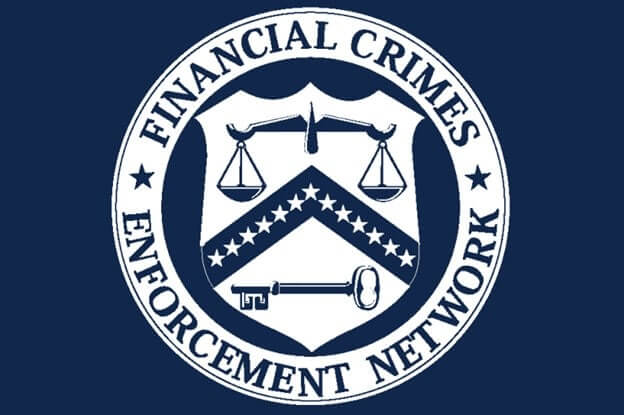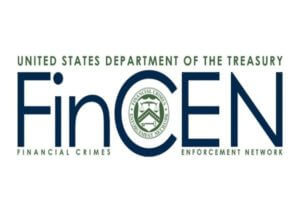
FinCEN: the Most Influential Financial Bureau
When talking about world leaders in the fight against financial crime, it is impossible not to think of the Financial Crime Control Network, FinCEN, of the United States Department of the Treasury, due to its proactivity, efficiency, and impact.
FinCEN serves as a regulator, but it also serves as a United States’ financial intelligence unit. The core function of an FIU is to receive, analyze, and disseminate information to combat money laundering, related crimes, and the financing of terrorism.
FinCEN Functions
The agency receives coordinates, and analyzes data related to compliance inspections delegated to other federal regulators. At the same time, it issues recommendations on the allocation of internal and external resources to the areas of greatest risk of financial crimes.
FinCEN has 149 teams in charge of reviewing more than 50,000 suspicious transaction reports, SARs. US reporting entities submit them daily. These teams distributed over 94 federal judicial districts of the 50 states. After reviewing the information received, FinCEN sends the authorities more than 6,500 intelligence reports each year.
Regarding terrorism, analysts review more than 1,900 suspicious transaction reports submitted by obligated parties each year.
BSA IT Modernization Program
A fundamental aspect for the fulfillment of the bureau’s functions is the technological platform. The US unit has a modern system that includes, among other elements, a huge database with more than 190 million SARs and the automated reporting system. From 2010 to 2017, FinCEN has invested $332 million in technological development alone. The program is called BSA IT Modernization.
Cash Transaction Reports
In addition to the SARs, the agency receives the Cash Transaction Reports (CTR), the Currency and Monetary Instrument Reports (CMIR), Reports of Foreign Bank and Financial Accounts (FBAR), the business cash payment or exchange reports (IRS Form 8300). On the other hand, it is responsible for registering Money Services Businesses (MSB).
FinCEN is an autonomous agency. The Financial Action Task Force, FATF, recognized this in its mutual evaluation report of December 2016.
National and International Support
One of FinCEN’s functions is to provide the authorities with financial information about the investigated subjects. The regulations under Section 314(a) allow national and foreign authorities to request data from more than 16,000 financial institutions. They require identification and reports to FinCEN accounts and transactions of persons who may be involved in terrorist financing or money laundering.
Such an advanced communication system allows an investigator to explore the nation’s financial community. Besides, FinCEN 314 (a) process enables the information to be identified, centralized, and evaluated quickly.
Currently, more than 11,000 users from more than 500 federal, local, and foreign agencies can access the financial data managed by the US unit.

The information sent by the obligated subjects has been used by the Federal Bureau of Investigation in around 20% of the cases. Moreover, about 60% of the investigations face association with organized crime.
SARs and CTRs are vital to police investigations and regulatory affairs. They map key threats to national security.
Financial institutions and FinCEN play a critical role in keeping the US strong and prosperous, and its financial system safe.
Information Exchange
The information exchange process is the FinCEN’s voluntary public-private information-sharing partnership with the police authorities and financial institutions.
First, FinCEN receives requests from the authorities. It proceeds to review each one to determine if it meets the minimum requirements.
If everything is in order, FinCEN sends notifications to selected contacts within financial institutions worldwide. This is to let them know about new requirements on FinCen’s website. This happens every two weeks.
The requests contain names of subjects and companies, addresses, and as much identification data as possible to help the financial institution to search its systems.
Financial institutions must identify, match, and merge records. This includes the accounts maintained by the named subject in the last 12 months. As well as the transactions carried out in the last 6 months.
Financial institutions have 2 weeks from the date of publication of the request to respond with any positive matches. If the search does not find any account or transaction matches, the financial institution is instructed not to respond to the 314 (a) request.
The support program has allowed the authorities to bring 3,219 cases related to money laundering and 593 cases related to terrorist financing.
-
Support
-
Platform
-
Spread
-
Trading Instrument




